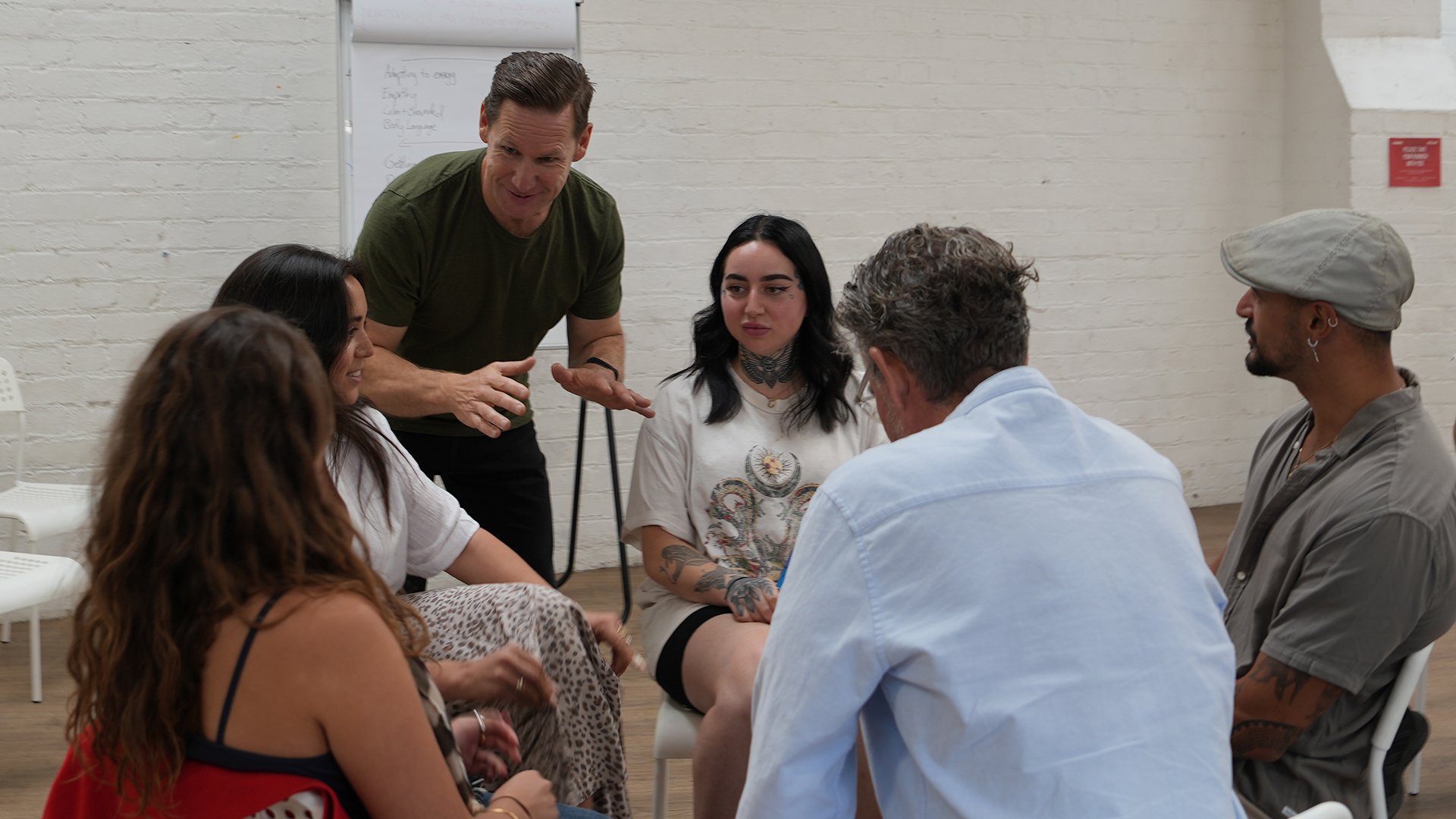Why Leadership Demands Proficiency in Facilitation Skills
Having had a lifetime of experience in both leadership roles and facilitation, I have been unaware of how intertwined and complementary the skill sets are. Recently what I have come to realise is how essential facilitation skills are to my leadership practice. Without them, I would be unable to create environments based on safety and trust that allow for innovation and creativity to lead the way.
In a recent leadership role, this lesson came fully to the surface and smacked me in the face. My team and I were deep in designing a new program and were getting stuck in a repetitive pattern using the same old formula that had served us well previously. But it wasn’t working, we were becoming frustrated and what was emerging was a dull and lifeless program that wasn’t going to meet the learning intentions, nor was it going to be any fun to deliver. We needed a different approach…
To shake things up a little, I facilitated a brainstorming session, adopted a beginner's mindset, removed myself from the initial contributions and purely held the process to encourage participation from my team using the time-honoured technique of asking the question “Yes and?”
What began to emerge was a new and exciting perspective and ultimately a creative and innovative program vastly different from what we had landed on previously. By facilitating the process rather than having to “have” the answers, my team was able to pool their collective gifts and deliver something unique and impactful.
Facilitation skills are indispensable for effective leadership due to their capacity to foster collaboration, drive innovation, and navigate complexities within teams and organisations.
Firstly, adept facilitators possess the ability to create an inclusive environment where every team member feels valued and empowered to contribute. This inclusivity promotes diversity of thought and ensures that a wide range of perspectives are considered, leading to more robust decision-making processes. Moreover, skilled facilitators have the capability to manage group dynamics and mitigate conflicts, thus maintaining harmony and productivity within the team.
Secondly, facilitation skills enable leaders to facilitate brainstorming sessions, problem-solving exercises, and strategic planning meetings with efficacy. By guiding discussions and encouraging participation, facilitators help teams generate creative solutions and overcome challenges more effectively. Furthermore, skilled facilitators excel in synthesising diverse ideas and distilling them into actionable plans, thereby driving progress and innovation.
Additionally, facilitation skills are crucial for fostering a culture of open communication and trust within teams. Effective facilitators promote transparency and encourage honest dialogue, which fosters stronger relationships among team members and enhances overall team cohesion. Moreover, by actively listening to team members' concerns and feedback, facilitative leaders demonstrate empathy and build rapport, enhancing morale and engagement.
Leaders who possess strong facilitation skills are better equipped to inspire and empower their teams, leading to improved performance, greater resilience, and sustained success in today's dynamic and complex environment.

